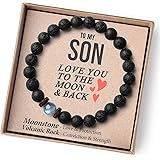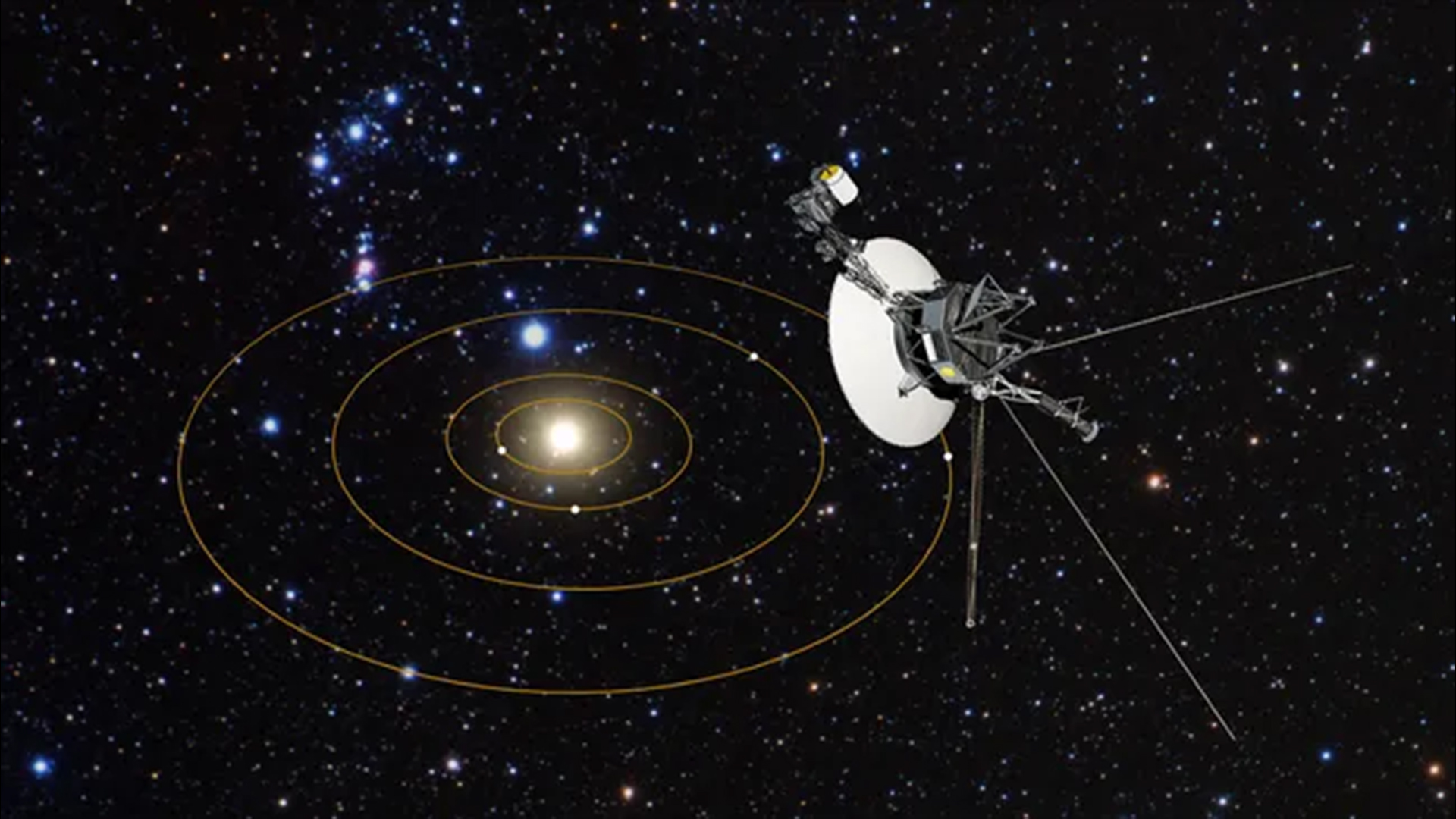In addition to using less energy, part of the appeal of tankless hot water heaters is that they take up less space than traditional models. So, unless you have a sprawling basement where storage space isn’t an issue, your hot water heater with a tank is occupying valuable real estate.
It may be tempting to use the space around your hot water heater and furnace as a type of utility area for stashing household supplies, but that’s not the best—or safest—idea. Here are a few examples of items you shouldn’t store near your hot water heater, and other tips for making sure it can function properly.
Don’t store these items near a hot water heater
Most traditional hot water heaters with tanks run on either gas or electricity, or, less commonly, oil.
Electric models are not only the smallest of the bunchthey’re also the safest when it comes to what is stored nearby, because unlike gas or oil hot water heaters, they don’t have a pilot light. Still, the tank itself can get quite hotand it’s possible for an electric hot water heater to sparkso it’s best not to store anything flammable or combustible close by.
How close are we talking? The general rule is to keep any flammable or combustible materials at least 12 to 18 inches away from your hot water heater. A few examples of these items include:
- Paper of any type, including books, magazines, photos, and cardboard
- Paint thinner
- Cleaning products
- Gasoline
- Garbage
- Coats or other clothing
- Rope
- Brooms and mops
- Solvents and other household chemicals
- Paints, varnishes, stains
- Wood (especially if it’s old)
Give your hot water heater the space it needs
In addition to keeping combustibles away from your hot water heater, there are a few other things you can do to keep it working efficiently and safely.
First, regardless of whether yours is gas or electric, be sure not to cover the temperature-pressure (T&P) relief valve, drain, or control panel of a hot water heater. Also, if yours is powered by gas, never cover the top of the unit, or block the pilot light access, air intake, or draft diverter. These precautions help ensure there is sufficient ventilation and airflow around the appliance.
Finally, keep the area surrounding your hot water heater relatively clean. It doesn’t need to be immaculate, but it’s a good idea to wipe or sweep away any accumulations of dirt and dust. This is especially important if you have a gas or oil hot water heater, because many types of dust are combustible, including dust from wood, various metals, and textiles, like cotton.
Plus, if/when your hot water heater starts leakingit will be easier to deal with if the area isn’t cluttered and dirty.
Note: This article have been indexed to our site. We do not claim legitimacy, ownership or copyright of any of the content above. To see the article at original source Click Here













